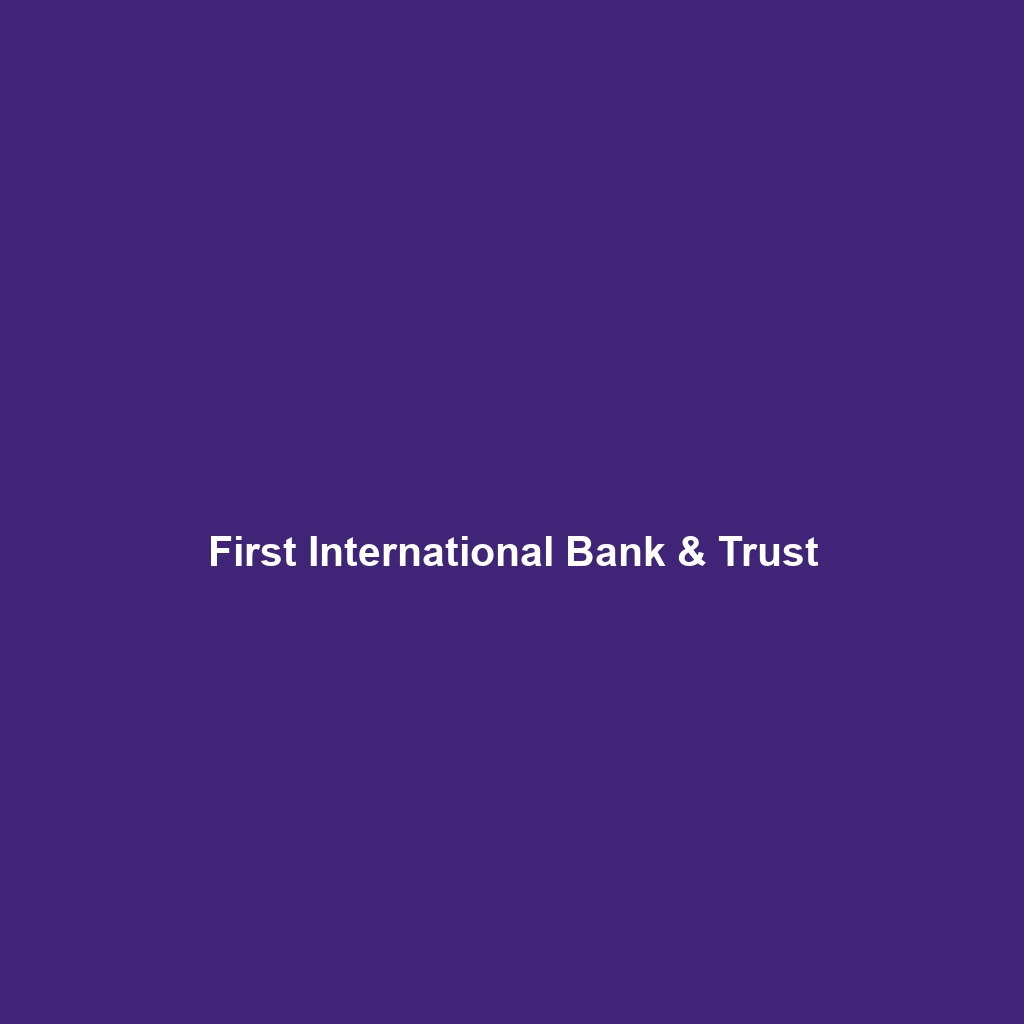Your cart is currently empty!
Tag: Finance Industry

Forbes 400: Meet the Richest People in America
Forbes 400: Meet the Richest People in America
Forbes 400: Meet the Richest People in America
The annual Forbes 400 Rich List has been released, spotlighting the nation’s wealthiest individuals and their significant impact on both the economy and society. This year’s list features the top 25 richest Americans, detailing their respective industries and net worths, illustrating a concentrated wealth among a small segment of the population.
The Top 25 Wealthiest Americans
According to the latest data from Forbes, the richest individual in the United States continues to be Elon Musk, the CEO of Tesla and SpaceX, with a staggering net worth of $251 billion. This marks an increase from the previous year, as Musk continues to leverage advancements in electric vehicles and space exploration. Following closely in second place is Jeff Bezos, founder of Amazon, with a net worth of $165 billion, reflecting the company’s consistent growth in e-commerce and cloud computing services.
The tech industry dominates the top spots, with individuals like Bill Gates ($135 billion), Mark Zuckerberg ($110 billion), and Larry Ellison ($109 billion) making the list. These figures reveal the dominance of technology as a driver of wealth, underscoring the transformative effect of digital platforms in modern economies.
Key Industries Driving Wealth
The 2023 Forbes 400 illustrates that technology, finance, and healthcare are the leading industries producing billionaires. The technology sector alone accounts for more than half of the list, reflecting its critical role in innovation, job creation, and economic growth. This trend highlights how technological advancement is reshaping industries entirely.
In finance, notable figures such as Warren Buffett ($117 billion) and Ken Griffin ($34 billion) emphasize the importance of investment strategies and market navigation in achieving significant wealth. The financial services industry remains a powerful force in the economy, showcasing the profitability of investing in diverse markets.
Regional Wealth Concentration
Geographically, California and New York are well-represented in the Forbes 400 list. Silicon Valley is a hub for tech billionaires, with Musk and Zuckerberg as prominent examples. Meanwhile, New York remains a pivotal center for finance and commerce, evidenced by billionaire figures like Steve Schwarzman and Lloyd Blankfein.
Notably, Texas’s status as a growing center for fortune accumulations is reflected by the presence of Elon Musk, who moved Tesla’s headquarters from California to Austin, further indicating the shifting dynamics in where wealth is generated and housed.
Economic Impact of the Billionaires
The wealth amassed by the individuals on the Forbes 400 list has significant implications for the American economy. These billionaires are often at the helm of businesses that drive job creation, technological innovation, and investment opportunities. For instance, companies such as Amazon and Tesla lead in their respective fields, influencing market trends and consumer behaviors.
Moreover, philanthropic efforts by many billionaires have resulted in significant contributions to public welfare. The Billionaire’s Pledge, which encourages wealthy individuals to give away at least half of their fortunes, has garnered participation from several top names on the list, highlighting the social responsibility that accompanies great wealth.
Challenges and Critiques
Despite their wealth and contributions, the billionaires on the Forbes 400 list face increasing scrutiny regarding wealth inequality in America. Critics argue that the concentration of wealth in the hands of a few undermines economic mobility and contributes to systemic issues affecting lower-income populations. Discussions surrounding tax reform, minimum wage adjustments, and wealth redistribution are prevalent and bring forward deep societal debates.
Additionally, as large corporations continue to grow, the impact on small businesses and local economies is subject to examination. The rise of monopolistic practices within industries raises questions about competition and fair market practices.
Conclusion
The Forbes 400 Rich List remains a powerful indicator of wealth distribution in the United States, illuminating the names and industries that define high-net-worth individuals. As these billionaires influence the economy and society at large, discussions about their roles, responsibilities, and the implications of their wealth continue to evolve.
As the nation grapples with issues surrounding economic disparity, the actions and impacts of the wealthiest Americans will be crucial to watch in the coming years. For further reading on this topic, explore insights on wealth inequality and economic policy reforms from reputable sources such as The Brookings Institution and the Economic Policy Institute.

CTBC Bank Corp. (USA)
CTBC Bank Corp. (USA) – Comprehensive Overview
CTBC Bank Corp. (USA)
Overview
CTBC Bank Corp. (USA) is a prominent financial institution offering a wide range of banking and financial services primarily to individuals and businesses. Established as a subsidiary of CTBC Financial Holding Company in 2011, the bank has rapidly expanded its footprint in the United States, focusing on enhancing customer experience and delivering innovative solutions. With a commitment to quality service and customer satisfaction, CTBC Bank operates under a philosophy that emphasizes trust and reliability.
Services Offered
CTBC Bank provides various services designed to cater to the unique needs of its diverse clientele. These services include:
- Personal Banking: Checking and savings accounts, personal loans, mortgages, and credit cards.
- Business Banking: Commercial loans, business accounts, cash management, and trade finance.
- Wealth Management: Investment advisory, retirement planning, and asset management services.
- International Banking: Foreign exchange, remittances, and cross-border financing solutions.
Market Position
CTBC Bank has established a solid market presence in the competitive financial landscape of the United States. With its main headquarters in Los Angeles, California, and additional branches across key metropolitan areas, the bank serves both the Asian-American community and the broader market. Its strong financial backing from its parent company, CTBC Financial Holding, positions it as a reliable choice for customers seeking personalized banking services.
Financial Performance
- Reported total assets: $13.2 billion (2022)
- Net income: $112 million (2022)
- Return on Assets (ROA): 0.85%
- Return on Equity (ROE): 7.5%
- Customer deposits: $11.5 billion (2022)
Customer Segments
The customer base of CTBC Bank is diverse, including:
- Individual consumers: Providing essential banking services tailored to personal finance needs.
- Small and Medium-sized Enterprises (SMEs): Offering customizable financial solutions for business growth.
- Corporations: Delivering comprehensive commercial banking services to larger entities.
- Investors: Offering investment products and services for wealth accumulation and management.
Technology and Innovation
CTBC Bank is committed to leveraging technology to enhance its banking services. The bank has invested significantly in digital banking platforms, enhancing customer experience through mobile and online banking solutions. Initiatives such as AI-driven customer service and advanced cybersecurity measures demonstrate its commitment to innovation and customer safety.
Recent Developments
In recent years, CTBC Bank has seen several noteworthy developments:
- Expansion of branch networks in key U.S. metropolitan areas.
- Launch of enhanced mobile banking applications.
- Implementation of sustainable banking practices focusing on environmental responsibility.
Branch and ATM Network
CTBC Bank operates a growing network of branches and ATMs designed to provide convenient access to banking services. With a strategic focus on major cities, the bank continues to expand its geographical presence, enhancing customer accessibility and service efficiency.
Community and CSR Initiatives
CTBC Bank actively engages in corporate social responsibility (CSR) initiatives aimed at positively impacting the communities it serves. Key initiatives include financial literacy programs, community development projects, and charitable contributions to local organizations, emphasizing the bank’s commitment to social welfare.
Key Executives
The bank is led by a team of experienced executives with extensive backgrounds in finance and banking:
- Yuan-Cheng Lin – President and CEO
- Fei-Han Yang – Chief Financial Officer
- Cheng-Wen Ma – Chief Operating Officer
- Hao-Feng Tan – Head of Retail Banking
Top Institutional Holders
CTBC Bank has a solid backing from various institutional investors, ensuring financial stability and growth potential. Key institutional holders include:
- CTBC Financial Holding Company
- BlackRock, Inc.
- Vanguard Group, Inc.
- State Street Corporation
Statistics
- Credit rating: A+ by S&P Global Ratings
- Number of branches: 30 (as of 2023)
- Number of employees: Approximately 1,200
- Total equity: $1.5 billion (2022)
Analysis and Future Outlook
CTBC Bank is well positioned for future growth, focusing on expanding its market share through innovative services and enhanced customer experiences. The emphasis on technology and sustainability reflects the bank’s commitment to adapting to changing market dynamics and customer needs. As it continues to strengthen its presence in the U.S. market, CTBC Bank is expected to maintain a positive growth trajectory.
Options Trading and Investor Sentiment
The options trading landscape for CTBC Bank has shown increased activity, with investors displaying optimism about the bank’s growth prospects. Market analysts suggest a favorable outlook based on its recent performance and expansion strategies, reflecting confidence in the bank’s ability to navigate economic challenges.
Sustainability Initiatives
CTBC Bank is dedicated to sustainable practices, including a commitment to environmental stewardship and social responsibility. The bank has initiated programs aimed at reducing its carbon footprint, promoting green finance, and supporting eco-friendly projects within the communities it serves. This strategic focus not only enhances the bank’s reputation but also aligns with global sustainability trends.
Conclusion
CTBC Bank Corp. (USA) exemplifies a growing leader in the banking sector, characterized by its diverse range of services, strong financial standing, and commitment to innovation and sustainability. As it continues to expand and evolve, the bank is poised to meet the financial needs of its customers while contributing positively to the communities it serves. For more information about CTBC Bank and its offerings, visit UpCube.net.







